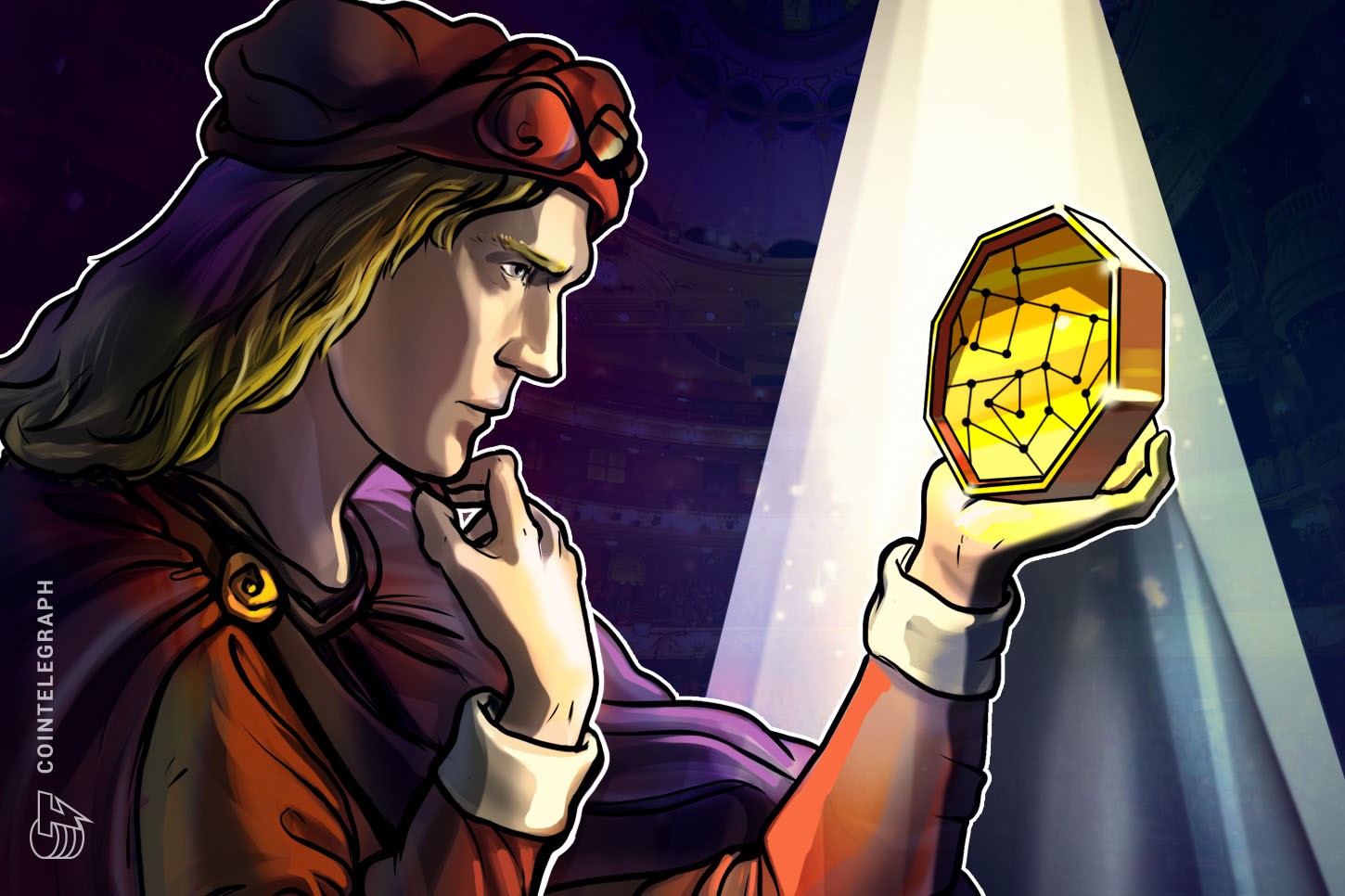The trend of usage incentives in decentralized finance kicked off with Compound’s COMP token distribution, and it continued through several other platforms that sought to replicate its perceived success.
But the latest DeFi yield farming mania involves yEarn, a yield aggregating platform developed by just one man, Andre Cronje. Despite his warnings that the platform’s token, YFI, is worthless and “won’t be on Uniswap,” it was in fact listed on Uniswap. A price run for more than 4,000% in a single day kicked off as a consequence. That made YFI farming reach annualized yields of over 1,000%, the highest of any previous initiative.
A cycle of value locked and token price
The YFI token can be earned by simply providing liquidity to a family of DeFi platforms developed primarily by Cronje, where yEarn.finance is the flagship product. The platform automates the process of finding the highest yield among other DeFi platforms, similar to another recently-launched protocol.
YFI allows its holders to vote on system parameters for yEarn and all the other platforms, which can help them keep up with the latest developments in yield farming and manage the protocols in general.
Though the announcement of the incentive scheme on Friday reiterated that the token is worthless, markets decided otherwise. Someone else listed the token on Uniswap and Balancer on Saturday, allowing speculators to buy YFI while its farmers could now sell it. The valuation for the token began at about $30 dollars, and it reached an all-time high of $2,374 the next day.
Speaking with Cointelegraph, Cronje said that he has “no clue” why the token’s price behaved the way it did. “Honestly, I just wanted to distribute voting rights, because I don’t want to manage the contracts anymore,” he added.
A potential clue into this phenomenon is the measurement of “total value locked” in a protocol, which is often the starting point for evaluating a DeFi project. YEarn entered the weekend with a value locked of about $8 million, but the figure ballooned to more than $147 million by Monday.
Daryl Lau, a research analyst at CoinGecko, argued that buyers of DeFi governance tokens value them based on TVL. But since in a liquidity incentive scenario that value depends on the token’s price itself, this results in “pseudo ponzinomics.” A higher price leads to higher TVL, which itself leads to higher prices in a positive feedback loop. But that loop can always turn negative.
Nevertheless, more formal valuation methods still assign a value to the ability to engage in platform governance, and the token can also be burned to redeem the “revenue” generated across all y-family platforms. Thus, the token should have at least some monetary value.
“Just a fad”
Cronje nevertheless characterized today’s yield farming mania as a fad, arguing that “after distribution it will all calm down and the system will return to normal.” He stressed that he does not own any tokens, saying, “The token price is irrelevant to me.”
The price also “doesn’t change how the system operates,” he noted, so there is “no real net effect.”
While Cronje is said to be the only developer, a community around the y-family products is already forming. The YFI token holders are expected to soon decide if the liquidity mining should be capped, and how the value generated by the protocol should accrue to the token.


